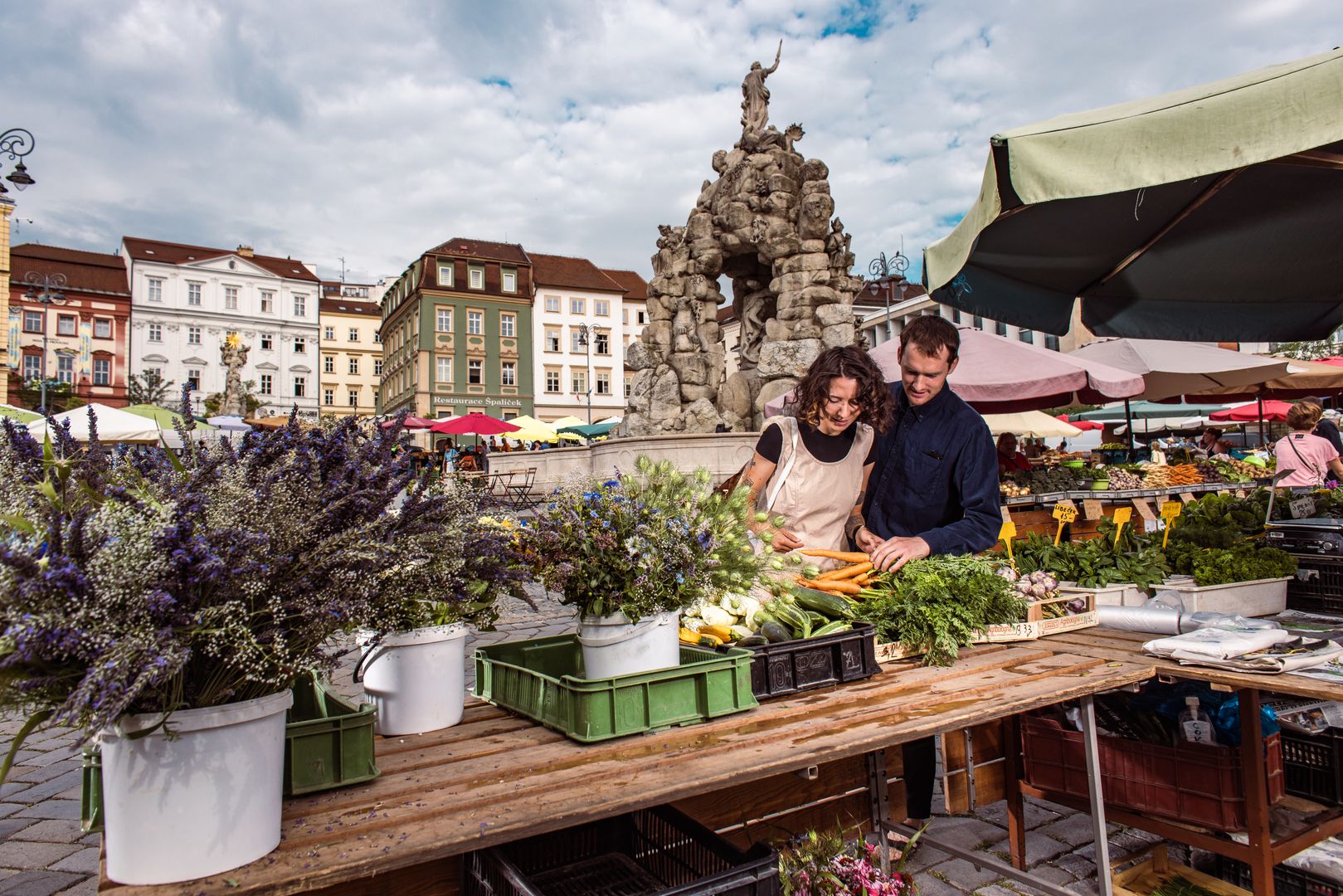With a growing focus on economic stability, sustainability and public well-being, metropolitan areas are placing a greater emphasis on local food production, distribution and consumption. The “Food cooperation for metropolitan areas” solution provides a framework for voluntary governance of food systems, enabling metropolitan areas to strengthen urban-rural relations and support sustainable food networks. This model can be easily adapted by metropolitan areas, laying the groundwork for formalizing food cooperation.
Concept and key elements
The core of this new solution is the establishment of a voluntary food cooperation at the metropolitan level. This approach proposes a collaborative network involving public authorities, private sector representatives, NGOs, local actions groups, and research institutions and others. The solution outlines several steps to build and sustain food cooperation:
- Territorial analysis – A detailed examination of local agricultural production, supply and demand chains, stakeholders, and existing food initiatives. This analysis includes a SWOT analysis and serves as the foundation for data-driven decisions and stakeholder engagement.
- Stakeholder engagement event – Discussion about the findings of the analysis, identification of key cooperation topics, and establishment of a preliminary structure for voluntary collaboration.
- Listening and animation phase – A process of continuous communication with stakeholders to foster trust and cooperation.
- Establishment of working groups – The creation of an overarching Information and coordination working group, along with thematic groups focusing on specific topics and projects. These teams should include stakeholders from different sectors also from demand and supply sides to reflect a bottom-up approach.
The solution suggests various topics for cooperation, such as public catering, sustainable agriculture, food waste reduction, marketing support of local production, shortening local supply chains and others, as well as potential formalisation of cooperation.
Implementation and uptake
The pilot action called Potential for food cooperation and its governance network in the Brno Metropolitan Area was the starting point for the implementation of this new solution by the City of Brno. After completing a territorial analysis, Brno organized a workshop with key stakeholders, who prioritized three main topics for cooperation:
- support for the promotion of local production in public catering,
- development and promotion of local supply chains,
- adaptation to climate change and sustainable agriculture.
Following this, Brno initiated a working group focused on coordination and information activities, which will create an action plan for 2025-2026, and the initiation of separate working groups for each selected topic.
Impact and replicability
The “Food cooperation for metropolitan areas” solution contributes to strengthening metropolitan cooperation and governance by fostering partnerships across different sectors and enhancing urban-rural cooperation. It drives the local economy, reduces environmental burdens through shorter supply chains, and improves food security.
This solution expands the Food Districts tool, developed by the Metropolitan City of Turin, by enabling flexible and voluntary cooperation, regardless of legal barriers to food governance. Its replicability makes it an effective model for other metropolitan areas, serving as a foundation for institutionalizing food cooperation.
Beyond economic and environmental benefits, the solution supports tourism, and health and well-being of residents. Through joint planning and concrete actions, it reinforces metropolitan cooperation, advances sustainable food systems ensuring long-term benefits for local communities. The full document can be found here.
